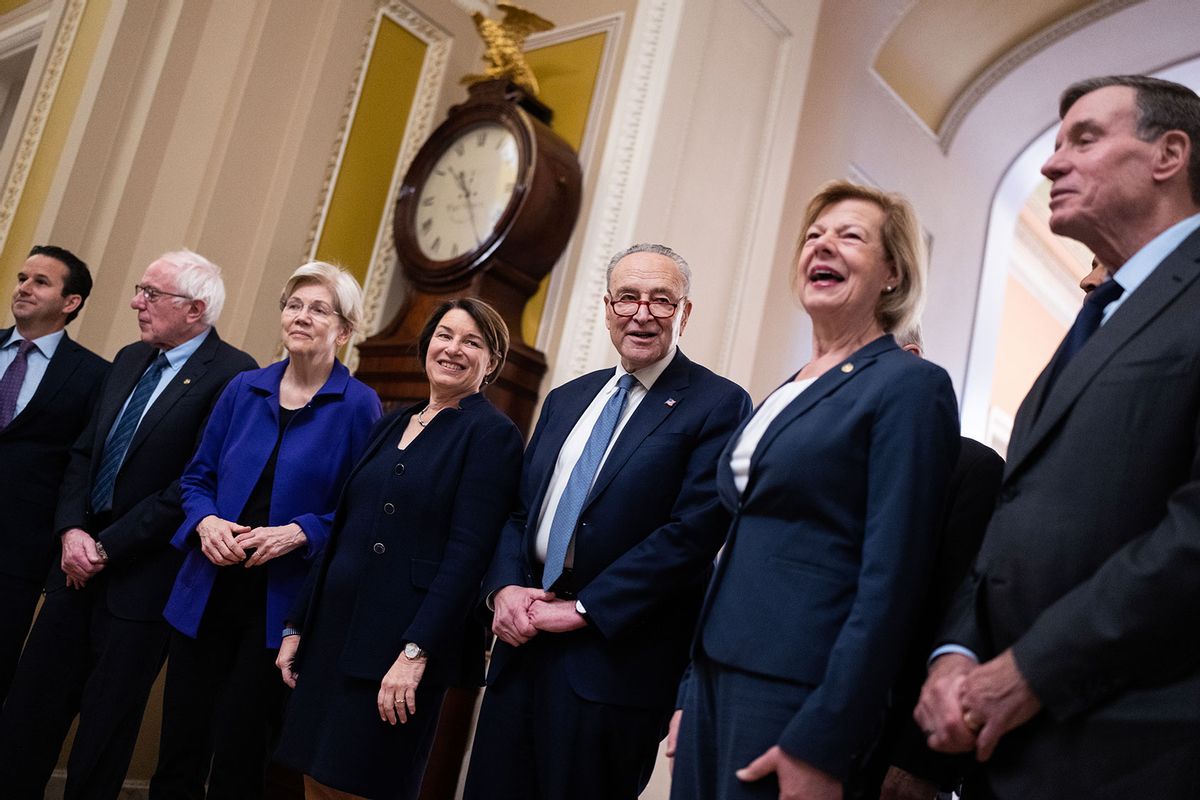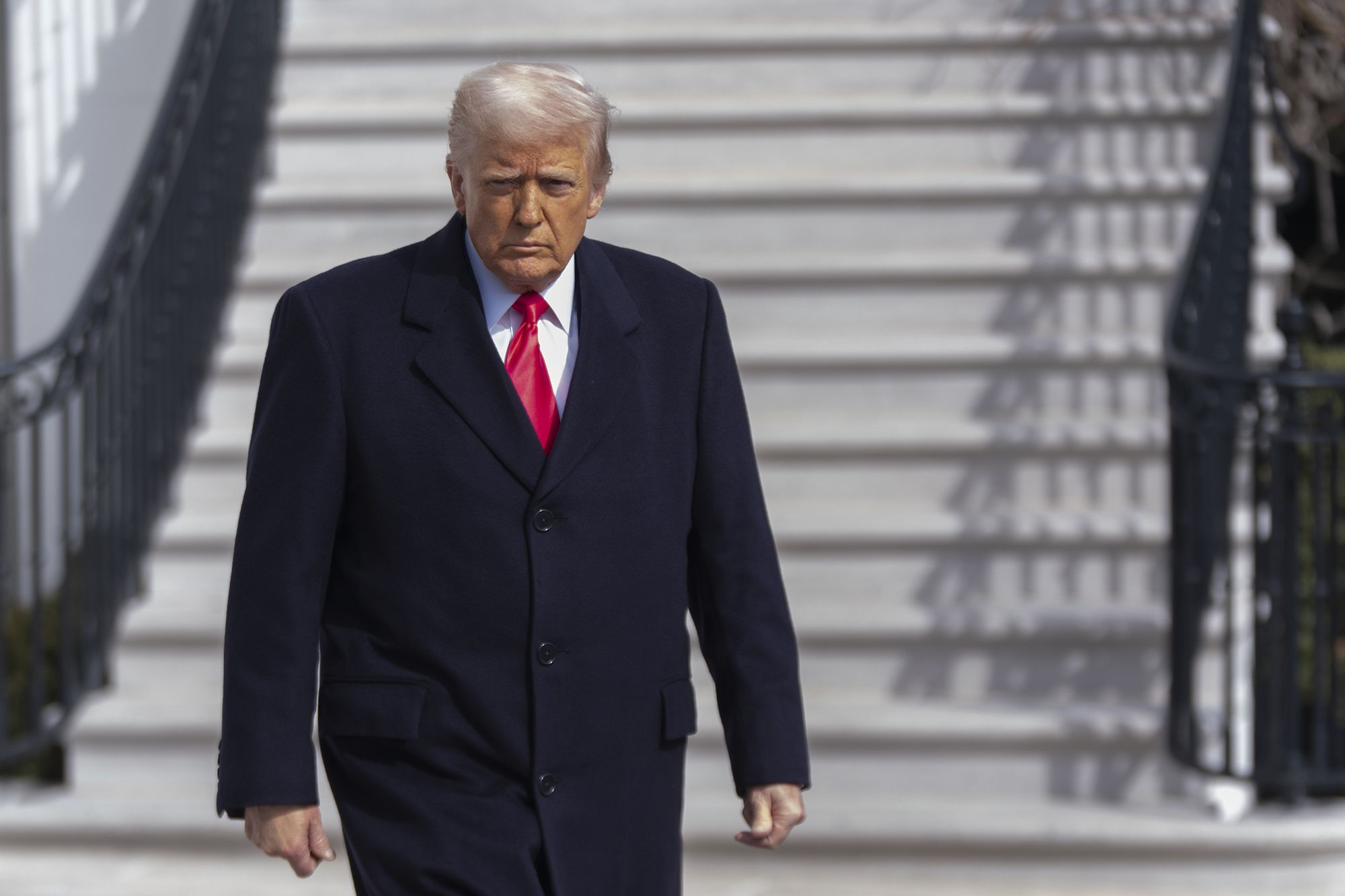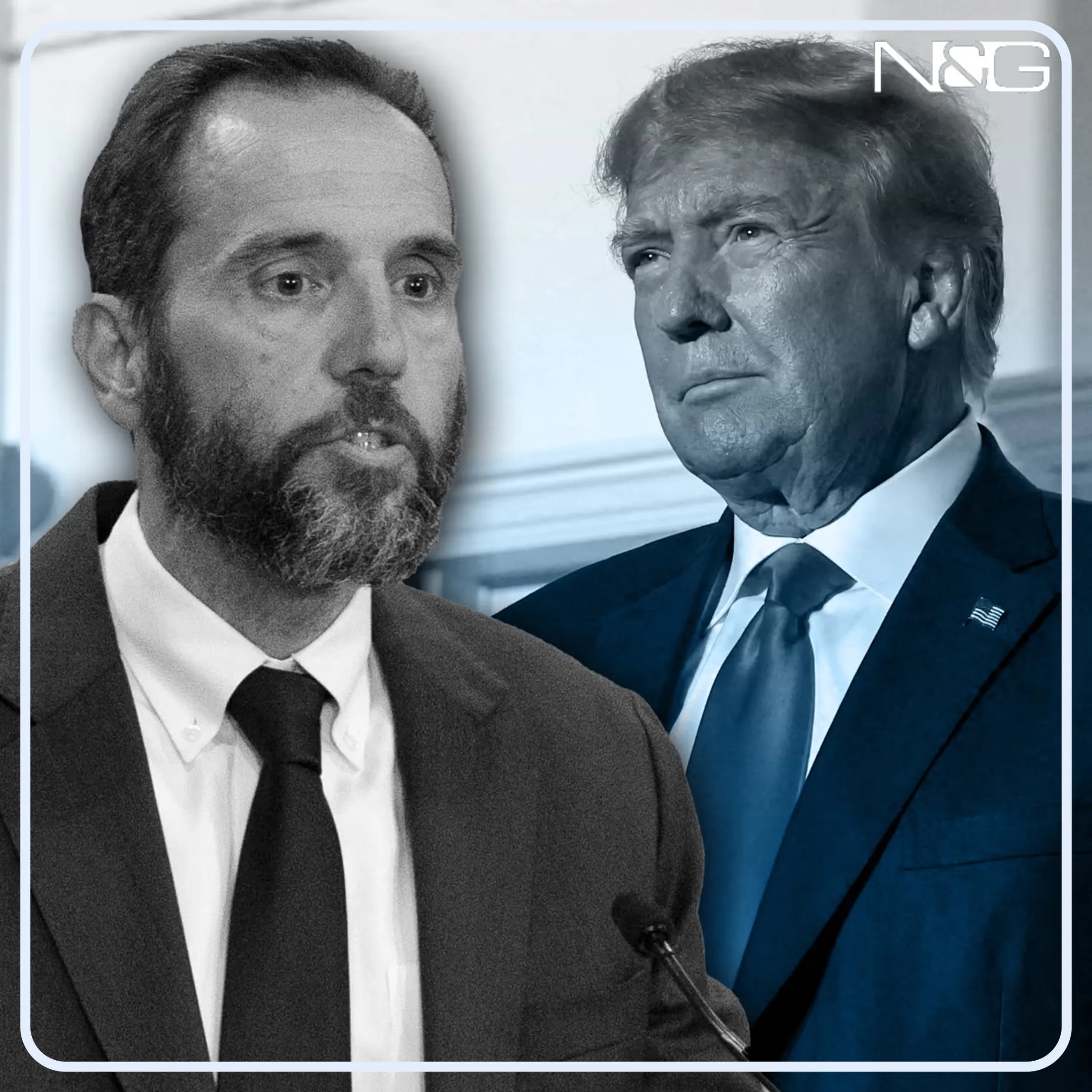
In a critical round of votes on Friday night, several Republicans broke ranks with their party to support Democratic amendments to President Trump’s budget bill, signaling growing fissures within the GOP.
These votes, part of a marathon series called a “vote-a-rama,” served as a strategy for Democrats to put Republican lawmakers on record on tough issues that could shape the political landscape heading into the 2024 elections.
Though none of the amendments passed, the vote offered a strategic win for the Democrats. It highlighted the divisions within the Republican Party and set the stage for continued tension over key policy areas, including Social Security, government efficiency, and President Trump’s controversial tariffs.
The amendment votes are part of the broader effort to pass a budget resolution in the Senate, which is expected to be approved early Saturday morning.
This resolution will serve as a blueprint for drafting a bill that aligns with President Trump’s top domestic priorities, including his push to overhaul government spending, implement expansive tariffs, and cut social programs.
Among the most significant moments of the vote-a-rama were the breakaway votes from several prominent Republican senators, including Susan Collins of Maine, Lisa Murkowski of Alaska, and Josh Hawley of Missouri.
These senators joined Democrats to support amendments aimed at protecting workers, supporting Ukraine, and safeguarding Medicaid.
Collins and Murkowski, in particular, voted together on four of the Democratic amendments, each addressing issues central to the Democratic agenda.
The proposals sought to protect the collective bargaining rights of government employees, prevent cuts to food stamps, and ensure continued support for the Federal Emergency Management Agency (FEMA) and Ukraine amid ongoing geopolitical tensions.
The support for the amendment regarding government employees’ collective bargaining rights was particularly notable. It comes at a time when the Trump administration has faced sharp criticism for efforts to undermine labor protections and reduce the influence of unions.

Collins, who has often been a swing vote in the Senate, has voiced her concerns about the administration’s anti-union stance, particularly as it affects federal employees. Murkowski, too, has expressed similar concerns, making their votes an important sign of the bipartisan divide on issues affecting working families.
Collins and Hawley also voted in favor of a separate amendment aimed at protecting Medicaid benefits for millions of Americans. This was significant, as many Republicans, particularly those in conservative states, have been reluctant to support Medicaid expansion or to protect the program from cuts.
While none of the amendments passed, the vote-a-rama process itself served as a tactical maneuver for Democrats. By forcing Republicans to go on the record on these tough issues, Democrats aimed to expose divisions within the GOP and make it harder for Republicans to avoid accountability on controversial topics in the future.
The strategy was clear: put Republicans in the uncomfortable position of either opposing popular programs or siding with Democrats, potentially angering their own conservative base.
The issues on the table — from Social Security to the government’s response to natural disasters — were all politically sensitive, and Democrats knew they could leverage them in future elections.
“We’re using this opportunity to put Republicans on the record on issues that will matter to voters,” said Senate Minority Leader Chuck Schumer. “We’re forcing them to choose between their loyalty to Trump and the needs of the American people.”
One of the most contentious issues highlighted during the vote-a-rama was President Trump’s expansive tariffs, which have already sent shockwaves through global markets. The tariffs were a central part of Trump’s economic policy, but their impact has been far-reaching, affecting industries from agriculture to tech.

In recent weeks, Wall Street has experienced extreme volatility as a result of Trump’s tariff announcements. The tariffs have led to retaliatory actions from several countries, including China, the European Union, and Canada, threatening to escalate into a full-blown trade war.
The stock market has suffered, and many Americans are already feeling the effects in their wallets, with rising prices on everyday goods.
Democrats have seized on the tariffs as a key issue, knowing that the economic impact is something that could resonate with voters. As the tariffs continue to impact American businesses and consumers, the vote-a-rama allowed Democrats to highlight the GOP’s role in supporting a president whose policies have resulted in tangible financial consequences.
The Republicans who broke away to vote with Democrats on these amendments represent a significant, though small, portion of the GOP. Senators Collins, Murkowski, and Hawley are all well-known for their independent streaks, and their votes indicate that there is growing discontent with Trump’s leadership even within the Republican Party.
However, despite these breakaway votes, most Republicans remained firmly aligned with Trump. Senate Majority Leader Mitch McConnell and other key GOP figures continue to support the president’s budget priorities, including the tariffs and cuts to social programs.
For these Republicans, loyalty to Trump is a political necessity, as he remains a powerful force in the party.

But as the 2024 elections approach, these internal divisions within the GOP may become more pronounced. Republicans who are up for re-election could face difficult choices: continue to back Trump and his controversial policies, or risk alienating moderate voters who are increasingly frustrated with the economic fallout from the president’s decisions.
The tariffs imposed by Trump have already begun to take their toll on the U.S. economy, and their long-term impact remains uncertain. Economists have warned that the tariffs could lead to a slowdown in economic growth, increased inflation, and higher unemployment rates as businesses struggle with higher costs and retaliatory actions from other countries.
The agricultural sector has already been hit hard, particularly in states like Iowa and Wisconsin, where farmers are seeing a decline in exports due to retaliatory tariffs from China.
The automotive industry is also facing pressure, as higher tariffs on imported parts drive up production costs for car manufacturers. And small businesses, which rely on affordable imports for raw materials, are struggling to absorb the added costs.
While some Republicans may argue that the tariffs are necessary for long-term economic growth and national security, the short-term effects are clear: rising prices, lost jobs, and uncertainty in the global marketplace.
As the Senate moves forward with the budget resolution that will lay the groundwork for Trump’s key domestic priorities, the political battles over the tariffs and the proposed budget cuts will only intensify. With the 2024 election looming, these issues will be front and center in the national conversation.
For Democrats, the goal is clear: use the tariffs, budget cuts, and other controversial issues to expose the GOP’s divisions and create a clear contrast for voters.

By forcing Republicans to take tough votes and putting them on record, Democrats are hoping to weaken the Republican position and capitalize on the growing frustration with Trump’s policies.
For Republicans, the challenge is to reconcile their loyalty to Trump with the economic realities facing their constituents. With the fallout from the tariffs already being felt across the country, GOP lawmakers will have to decide whether to continue supporting the president’s agenda or distance themselves from his controversial policies.
The next few months will be critical as both parties prepare for the upcoming election. The outcome of the budget vote and the ongoing battle over Trump’s policies will shape the future of American politics for years to come.



